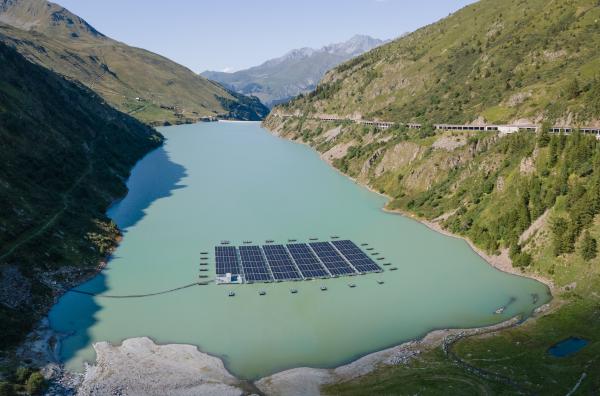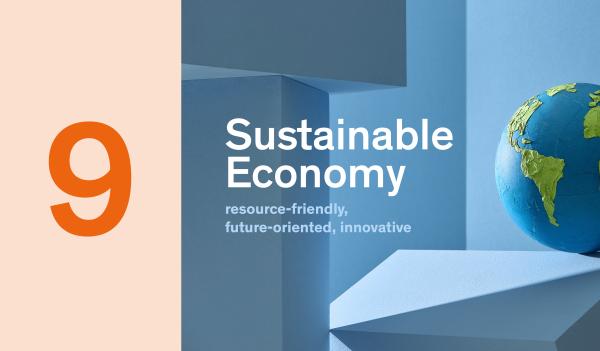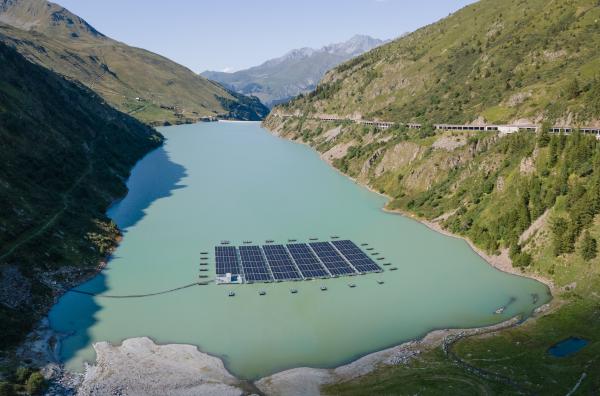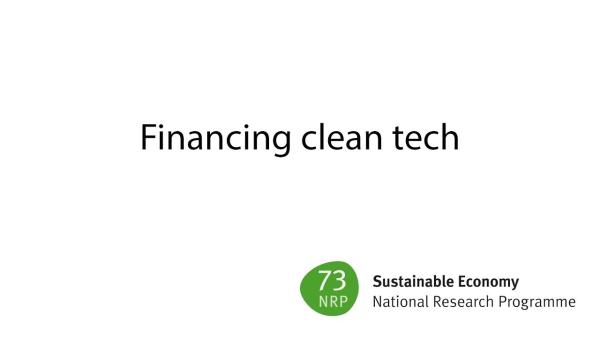Financing clean tech
The project examined how robust environmental policy and new financing tools can help foster investments in clean technologies (e.g. renewable energy, electric vehicles, …)

Background
In its 2022 special report, the Intergovernmental Panel on Climate Change declared that to limit global warming to 1.5°C above pre‐industrial levels, the world needs to invest $2.3 trillion every year in low‐carbon electricity technologies alone. However, Bloomberg’s New Energy Finance estimates that only $755 billion was invested globally in energy transition sectors in 2021. Greater understanding about the financing of cleantech is thus critical considering the massive amount of investment needed.
Aims
The overarching objective of this project was to investigate how society can steer financing towards cleantech investments. Investors still perceive cleantech as risky technologies. Cleantech investments tend to be bets on future demand for climate action that depend on public policies, which are rarely predictable and consistent over time. Clean technologies are also more capital intensive than other high tech and therefore less attractive for traditional incumbent investors. Accordingly, the goals of this project were to investigate: 1) how environmental policy (uncertainty) affects investment in the low‐carbon economy, and 2) whether new financing tools can attract investors to support cleantech start-ups.
Results
The results of the project emphasize the paramount importance of robust and consistent environmental and climate policies to steer investments and create markets for cleantech. The results particularly underline the adverse effects of policy uncertainty, which tends to delay further investments despite the urgency of climate action. In addition, results on new financing tools suggest that venture competition and/or crowdfunding are useful complementary instruments to support clean investments but are no panacea to resolve the funding gap.
A major achievement of the project is the construction of two novel high‐frequency news‐based indices available for the United States over the last decades providing an improved quantification of various aspects of environmental policy (uncertainty) that are typically hard‐to‐measure.
Implications for research
Our news‐based indices and methodology provide many opportunities for future researchers to better examine how specific features of the policy process (e.g. policy announcements, elections) affect investors’ perceptions about the future regulatory framework and help foster (or discourage) future investments in cleantech markets.
Our contribution on innovative financing tools advances knowledge on the role of venture competition and crowdfunding by adding a specific focus on the case of cleantech start-ups.
Implications for practice
Our indices of environmental policy (uncertainty) can help policymakers and investors to quantify and identify regulatory risks more precisely, and to formulate more robust and consistent climate policies for the benefit of society. Regarding research on financing tools, the study provides practical implications about how to make venture competition more effective for entrepreneurs (e.g., with a high‐quality jury and a money prize aligned with start-ups’ needs) and how governments can help maximize the potential and credibility of crowdfunding platforms.
Publications
Project leaders
Dr. Joëlle Noailly
Institut des Hautes Etudes Internationales et du Développement, Genève
Prof. Dr. Gaétan de Rassenfosse
EPFL
Project partners
Carbon Delta
CleanTech Capital
CleantechAlps
Emerald Technology Ventures
Green Growth Knowledge Platform (GGKP)
Jadeberg Partners
OECD
Switzerland Global Enterprise
Venture Kick



